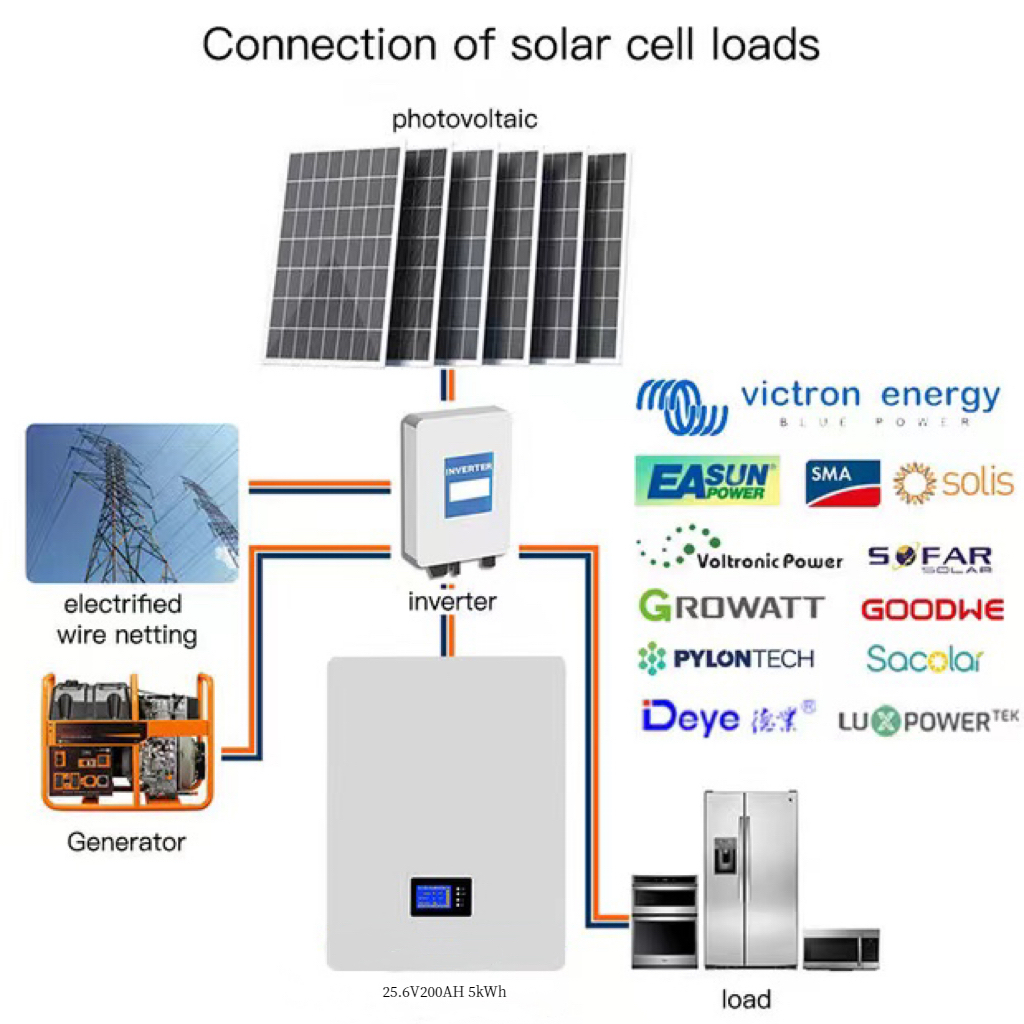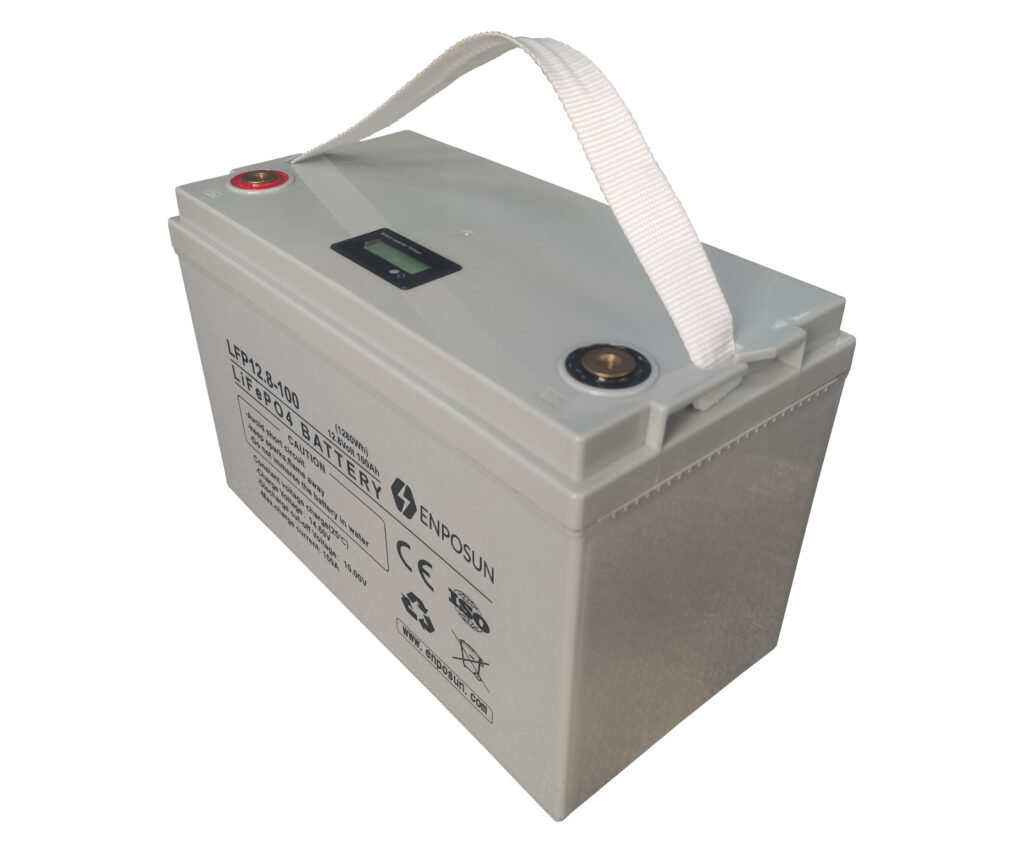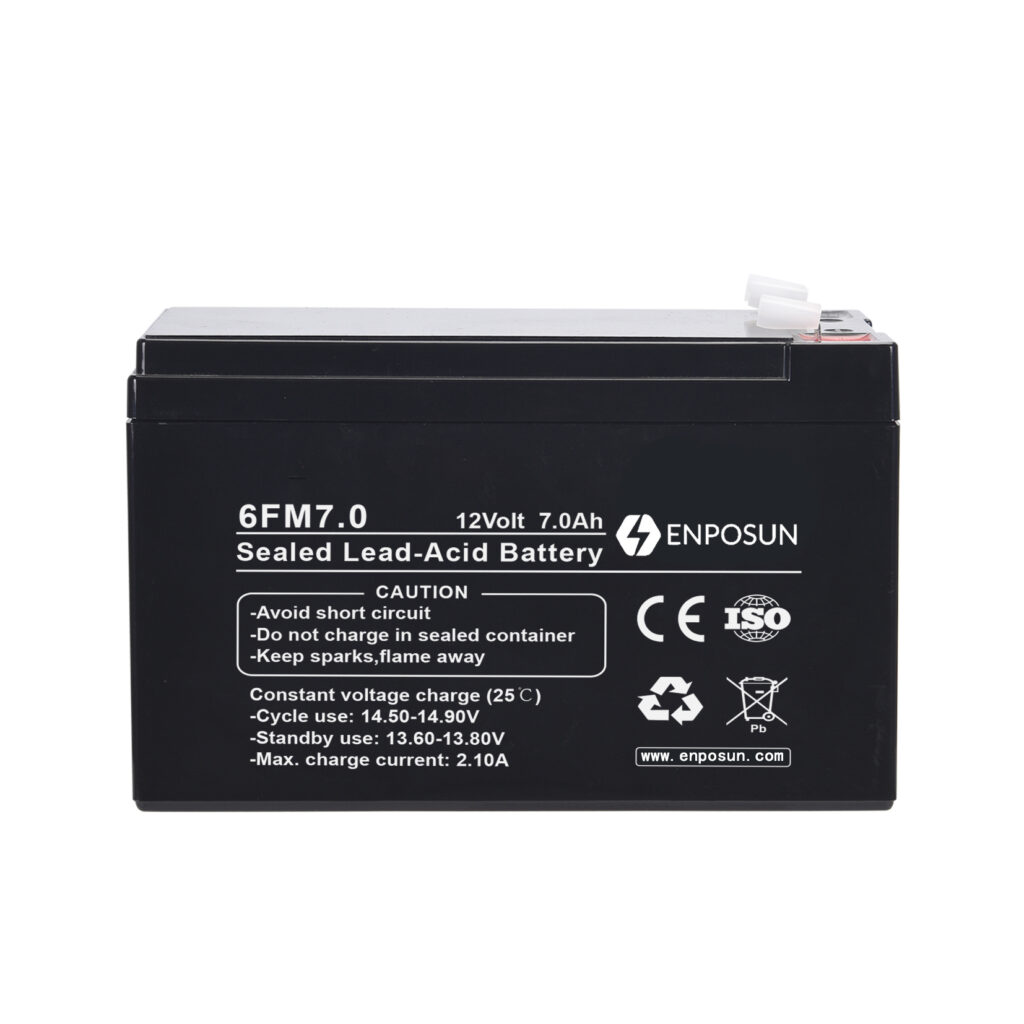Lithium-ion batteries can be charged in the usual way. One of the advantages of lithium-ion batteries is that they can be charged at any time without waiting for the battery to be completely discharged. However, while lithium-ion batteries do not have a memory effect and can be charged at any time, care must be taken not to overcharge, overdischarge, or short-circuit. To keep the battery within a safe range, it should be charged using a special charger that automatically adjusts the charging method according to the current state of the battery.
When charging, it is recommended to do it overnight because the current fluctuation at night is small, which is suitable for charging. The safe operating voltage range of lithium-ion batteries is 2.5~4.2V, below or above this range, the lithium-ion battery may become unstable or even cause accidents. Therefore, using a dedicated charger can ensure that the battery is charged within a safe range.

Also, to prevent over-discharging, try not to use the battery when the battery level is below 20%, especially do not continue to use it after it is below 5%. Overcharging must also be avoided, and it is best not to continue charging once fully charged, as overcharging can cause the battery to overheat or even explode. Even though many devices nowadays have overcharge protection, it’s still important to be mindful of situations where the battery may be damaged or has no overcharge protection.
During charging, the battery does not charge when discharged. Inside the device, there are two circuits, one to charge the battery and the other to power the device directly from the power source. Therefore, even if the device is used while charging, it will not damage the battery. Once charged, connecting the device to a power source will not cause any harm to the lithium battery, but it may reduce the number of charges, which contributes to extending the life of the battery.
In general, with the correct charging method and usage habits, lithium-ion batteries can be charged normally and maintain good performance.

How many years does a lithium-ion battery last
The lifespan of a lithium-ion battery varies depending on a variety of factors, such as the type of battery, composition, usage conditions, charging and discharging methods, etc. Theoretically, the average lifespan of a lithium-ion battery is around 500 or more charge-discharge cycles. If you charge it every 3 days, then the theoretical lifespan of a lithium-ion battery is two to three years.
But different types of lithium-ion batteries will have different lifespans. For example, packaged polymer lithium-ion batteries have a theoretical lifespan of more than 500 cycles, while lithium iron phosphate batteries have a theoretical lifespan of about 1500 cycles. The theoretical lifespan of steel-shelled lithium-ion batteries is usually between 300 and 500 cycles, and the theoretical lifespan of steel-shelled lithium-ion iron phosphate batteries is about 1000 cycles.

However, in actual use, the actual lifespan of lithium-ion batteries may vary due to the ever-changing ways users use them. For lithium-ion batteries on conventional electronic products, their service life is from 5 to 20 years, and on average can reach 8 years. But on electric vehicles, due to the influence of the working environment and large-scale charging and discharging, the lifespan of lithium-ion batteries can be shorter, only about 3-5 years.
In addition, among the solar lithium batteries on the market, ternary lithium batteries usually have a lifespan of about 5 years, while lithium iron phosphate batteries have a lifespan of 6 to 8 years. However, it is worth noting that there are many factors that affect the lifespan of lithium batteries, such as the number of charges and discharges, usage conditions, etc., so choose quality-assured lithium batteries and apply the right usage and maintenance practices to maximize their efficiency.
To sum up, the lifespan of lithium-ion batteries is a relatively complex question and there is no definitive answer to it. Users should choose the right lithium-ion battery according to their needs and usage conditions, and follow the right way of use and maintenance to prolong its lifespan.
